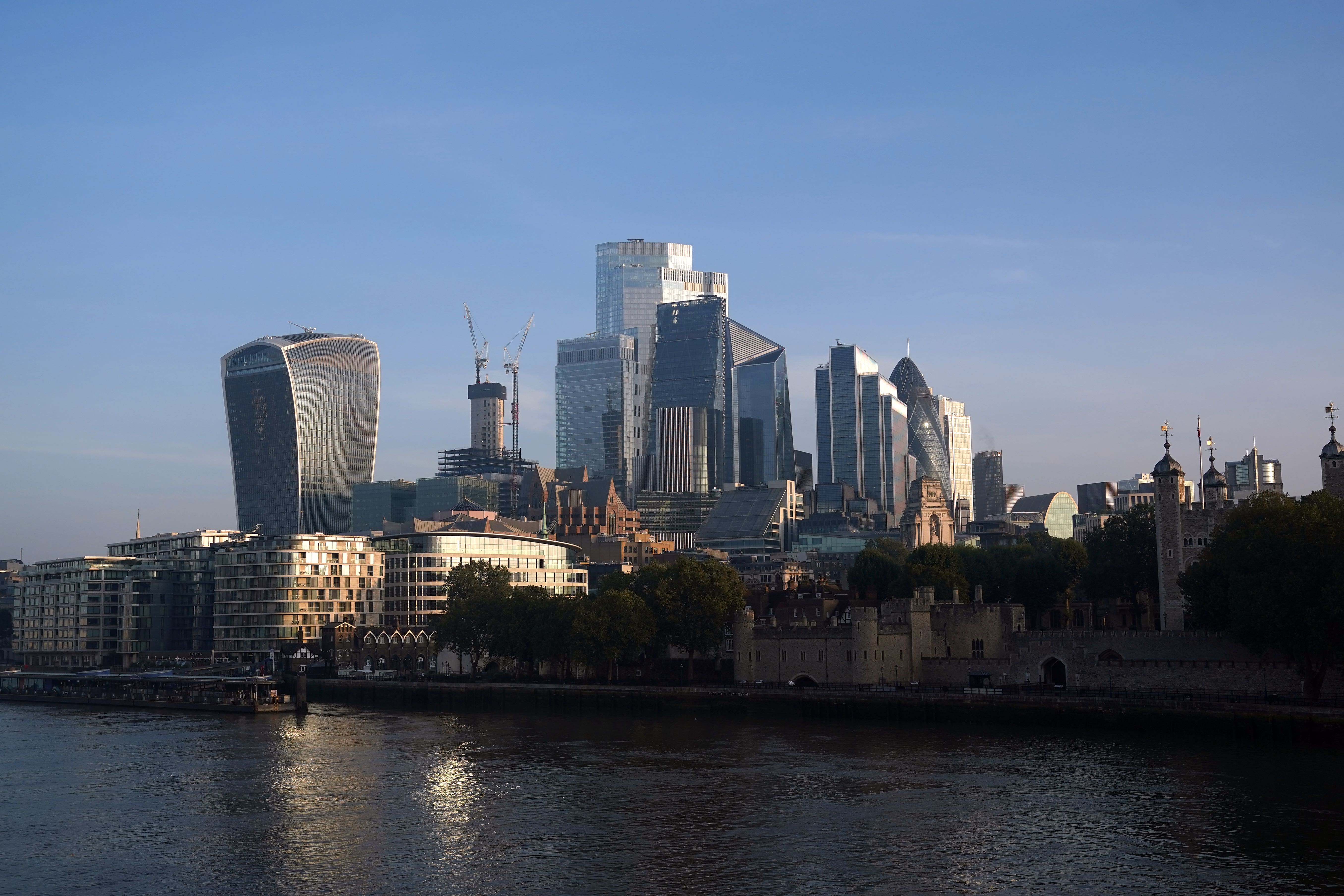London councils warn of financial ‘knife edge’ as overspends grow
Boroughs across the capital call for Government action to address acute demand pressures and spiralling costs.

Your support helps us to tell the story
From reproductive rights to climate change to Big Tech, The Independent is on the ground when the story is developing. Whether it's investigating the financials of Elon Musk's pro-Trump PAC or producing our latest documentary, 'The A Word', which shines a light on the American women fighting for reproductive rights, we know how important it is to parse out the facts from the messaging.
At such a critical moment in US history, we need reporters on the ground. Your donation allows us to keep sending journalists to speak to both sides of the story.
The Independent is trusted by Americans across the entire political spectrum. And unlike many other quality news outlets, we choose not to lock Americans out of our reporting and analysis with paywalls. We believe quality journalism should be available to everyone, paid for by those who can afford it.
Your support makes all the difference.Councils in London have warned their finances are on a “knife edge” as they expect to have to make half a billion pounds in savings to balance their books next year.
A survey of the capital’s 32 local authorities found 29 are already set to collectively overspend on their budgets by £400 million this year, with many services in peril.
The cross-party London Councils group said boroughs are facing a “perfect storm” of prolonged high inflation, sharply rising demand for services and insufficient Government funding which has increased the risk of financial failure.
The warning comes as councils across the country have said they are experiencing severe financial pressures, with seven councils issuing Section 114 notices declaring effective bankruptcy since 2020.
Havering Borough Council recently warned that it could be effectively bankrupt within six months.
Pressures on adult and children’s social care, combined with London’s worsening homelessness crisis, are said to be the biggest drivers of budget overspends.
The London Councils group estimates that nearly 170,000 Londoners, equivalent to one in 50 of the city’s residents, are homeless and currently living in temporary accommodation paid for councils.
London boroughs collectively are expected to overspend their budgets for this accommodation by £90 million this year alone
They are calling on Chancellor Jeremy Hunt to boost support for local services and stabilise council finances in the Autumn Statement due next month.
Measures called for include an overall funding increase of at least 9%, in line with the rise last year, and investment to reduce homelessness, including an uplift in the local housing allowance and homelessness prevention grant.
London Councils also says the “broken local government finance system” must be reformed alongside longer-term funding settlements and more devolved powers.
Borough finances are on a knife edge – with grim implications for the future of local services in the capital.
Claire Holland, Labour leader of Lambeth Borough Council and acting chair of London Councils, said: “Borough finances are on a knife edge – with grim implications for the future of local services in the capital.
“The combination of higher costs due to spiralling inflation, skyrocketing demand for services, and insufficient levels of government funding leaves boroughs in an extremely precarious position. The pressure is relentless – we face a £400 million shortfall this year, which rises to £500 million next year unless the government provides more support.
“Councils play a vital role in their communities providing essential services and in tackling so many major challenges, such as addressing homelessness, unlocking economic growth, and making faster progress towards net zero.
“The Government must use the Autumn Statement to bolster council finances. This will be crucial for helping boroughs stabilise budgets and sustain London’s local services.”
London Councils said the resources available to the capital’s local authorities remain almost a fifth lower than in 2010, despite a population increase of almost 800,000 more Londoners which is broadly equivalent to a city the size of Leeds.
It added this pressure has been exacerbated by over £1 billion in unfunded or underfunded new burdens over that period, including the government transferring responsibility to local authorities for financing council tax support and other measures.
A spokesperson for the Department for Levelling Up, Housing and Communities said: “Local authorities have seen an increase in core spending power of up to £5.1 billion or 9.4% in cash terms on 2022/23, with almost £60 billion available for local government in England.
“For London boroughs, this represents an increase in core spending power of up to £744 million (9.3%) – making available a total of up to £8.757 billion in 2023/24.
“We stand ready to speak to any council that has concerns about its ability to manage its finances or faces pressures it has not planned for.”